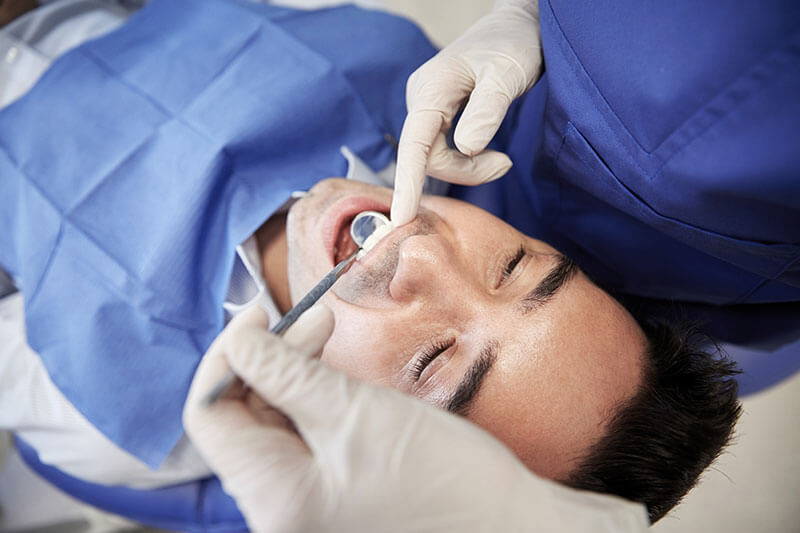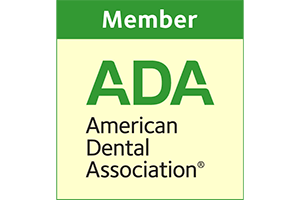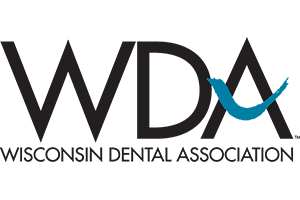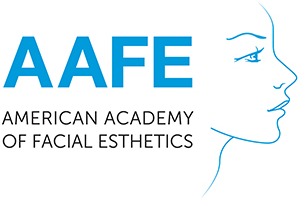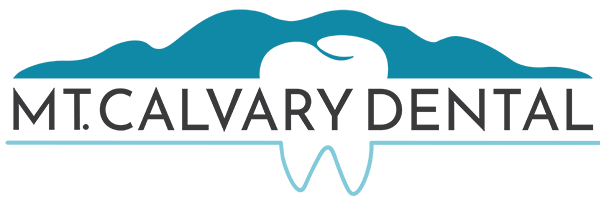|
A preventive program is most successful when the patient, dentist, and dental staff work as a team to promote, restore, and maintain your oral health. Preventing dental disease starts at home with good oral hygiene and a balanced diet. Preventive care includes regular dental exams, cleanings, and x-rays. Sealants and fluoride can also help protect the teeth. Prevention helps avoid serious and costly dental problems and is the key to having a healthy, confident, beautiful smile.
|
Dental ExamA comprehensive dental exam will be performed by your dentist at your initial dental visit. At regular check-up exams, your dentist and hygienist will include the following:
|
Professional Dental CleaningProfessional dental cleanings (dental prophylaxis) are usually performed by Registered Dental Hygienists. Your cleaning appointment will include a dental exam and the following:
|
Request an AppointmentMt. Calvary Dental
Dr. Caitlin Biever, DDS 100 Evergreen Road Mt. Calvary, WI 53057 920-753-2771 Office Hours: Monday: 11:00 am - 7:00 pm Tues, Wed, Thurs: 7:00 am - 4:00 pm Friday: Closed |
Dental X-RaysDental radiographs (x-rays) are essential, preventative, diagnostic tools that provide valuable information not visible during a regular dental exam. Dentists and dental hygienists use this information to safely and accurately detect hidden dental abnormalities and complete an accurate treatment plan. Without x-rays, problem areas may go undetected. Detecting and treating dental problems at an early stage can save you time, money, unnecessary discomfort, and your teeth.
Dental x-rays may reveal:
|
Are dental x-rays safe?We are all exposed to natural radiation in our environment. The amount of radiation exposure from a full mouth series of x-rays is equal to the amount a person receives in a single day from natural sources.
Dental x-rays produce a low level of radiation and are considered safe. Dentists take necessary precautions to limit the patient’s exposure to radiation when taking dental x-rays. These precautions include using lead apron shields to protect the body and using modern, fast film that cuts down the exposure time of each x-ray. How often should dental x-rays be taken?The need for dental x-rays depends on each patient’s individual dental health needs. Your dentist and dental hygienist will recommend necessary x-rays based on the review of your medical and dental history, dental exam, signs and symptoms, age consideration, and risk for disease.
|
|
A full mouth series of dental x-rays is recommended for new patients. A full series is usually good for three to five years. Bite-wing x-rays (x-rays of top and bottom teeth biting together) are taken at recall (check-up) visits and are recommended once or twice a year to detect new dental problems.
|
From a delighted patient...
|
"Excellent experience and I am looking forward to my next visit!"
~Jacee A. 5-Star Google Review |
